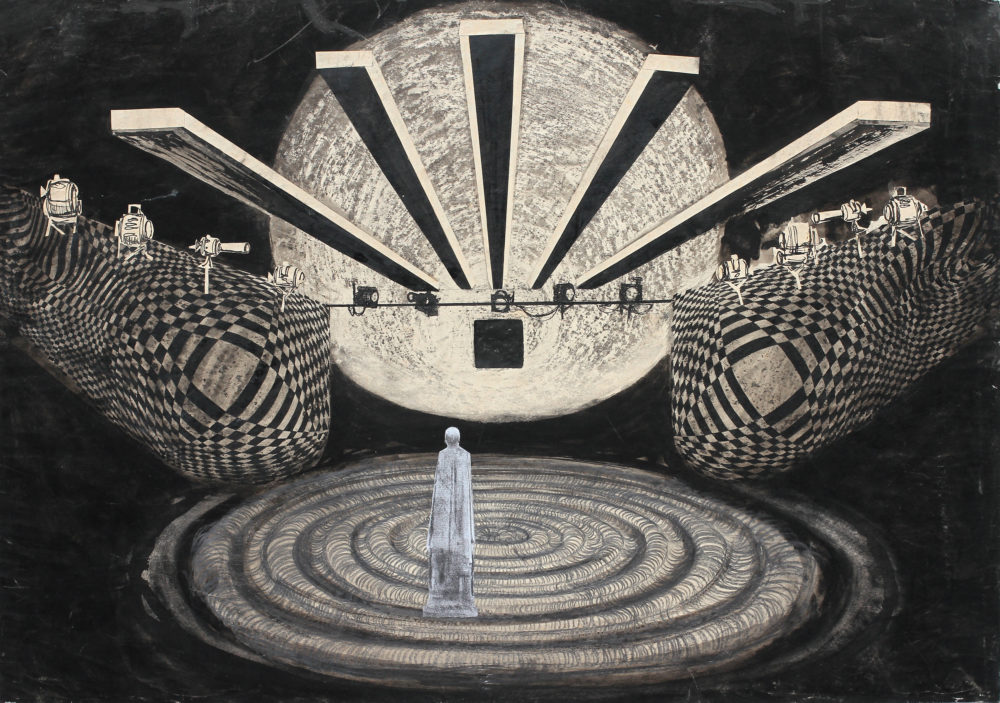Women’s Bodies, Reproductive Freedom and Government Control: Testimonies from Socialist Romania

In 1966, Romania’s government issued the infamous “decree 770,” a measure that banned contraceptive measures and severely restricted access to legal abortions. The issuance and implementation of degree 770 was not driven by religious or moral convictions. The decree solely aimed at a drastic increase in population that would ensure robust workforce resources and bolster the Romanian economy. The control and implementation of pro-natalist policies engaged a complex apparatus that entailed participation from various state-controlled institutions, from the Ministry of Health to the “Securitatea,” the feared secret political police of the Socialist Republic of Romania. “Women’s Bodies, Reproductive Freedom and Government Control: Testimonies from Socialist Romania” examines oral narratives of women who spent their youth during decree 770. In this project, Dr. Julieta Paulesc, a native Romanian, collects and engages with memories, reflections and voices of women whose bodies, intimacy, and agency were subjected to continuous institutional scrutiny and monitoring from 1966 until the fall of Communism in 1989. In light of the recent changes in reproductive rights and policies in the United States, this project intends to offer the American public the perspectives of women who experienced a precedent.
Image: Design sketch from Gheorghe Codrea’s production of Liviu Glodenu’s opera, “Zamolxe” (1973)
Julieta Paulesc | teaching professor of Romanian, School of International Letters and Cultures/Melikian Center: Russian, Eurasian & Eastern European Studies
